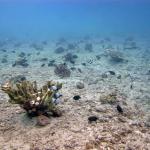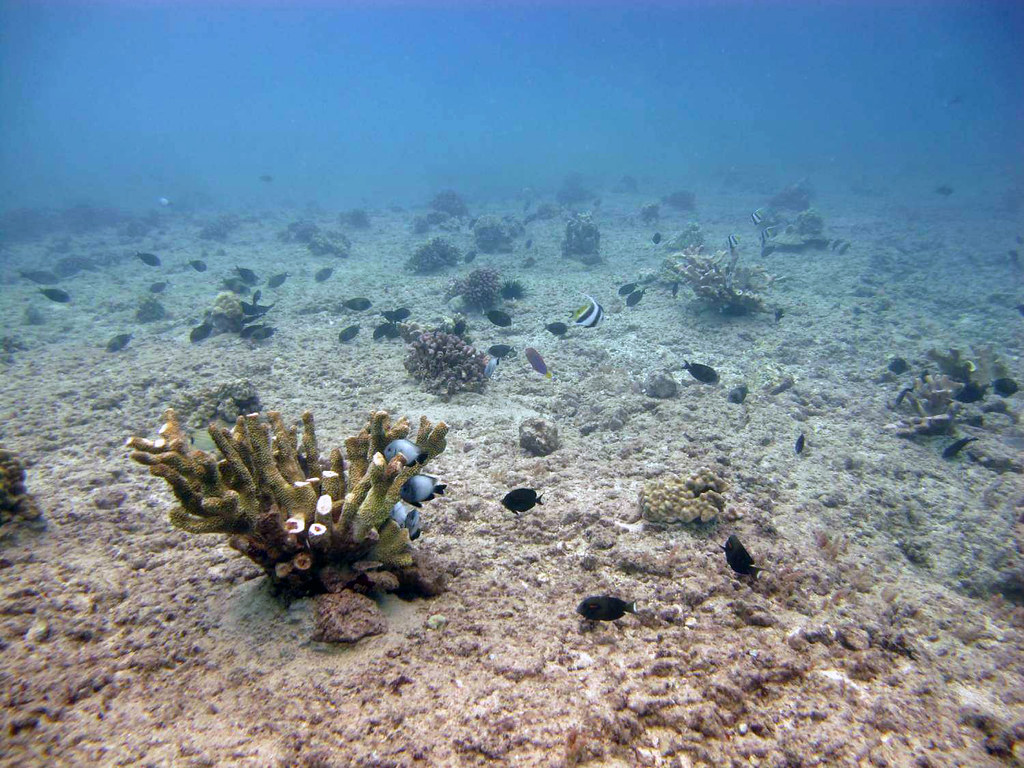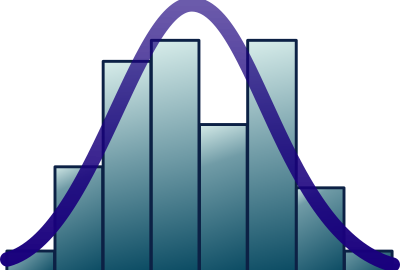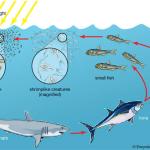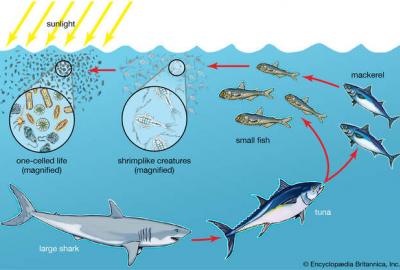Marine ecosystem restoration: an introduction
The field of ecological restoration is a complex interdisciplinary field that is becoming more important in a world that depends on increasingly degraded ecosystems to support growing human societies. Ongoing human- and climate-induced disturbances create the need for professionals that can restore ecological services of marine degraded ecosystems. Restoration of marine degraded ecosystems can benefit society by improving biodiversity conservation, improving human livelihoods, empowering local people, and improving ecosystem productivity. This course is intended to provide students the principles and strategies of assisting in the recovery of damaged and degraded marine habitats and ecosystems through theoretical lectures and case study analysis.
Course Contents
- Introduction to ecological restoration: historical development, role in stewardship and future needs.
- Key ecological concepts for planning marine restoration actions, ecological succession, establishment of the reference conditions, restoration process and steps in the process.
- Understanding and overcoming limitations; assessment of the ecological benefits of restoration activities, including the role of passive restoration.
- Analysis of case studies of restoration initiatives of degraded marine habitats and ecosystems (both successful and unsuccessful stories).
Final Competencies
1 Knowledge on the role of restoration for the conservation and sustainable stewardship of marine natural resources.
2 Knowledge on the main ecological principles underlying the successful restoration of marine habitats and ecosystems including concepts of disturbance and succession.
3 Knowledge on ecological and management principles and on appropriate methods and tools for designing and conducting restoration projects.
4 Knowledge on the main criteria for establishing the success of restoration projects.
Further course information can be found here: https://studiekiezer.ugent.be/studiefiche/en/C004388/2021

